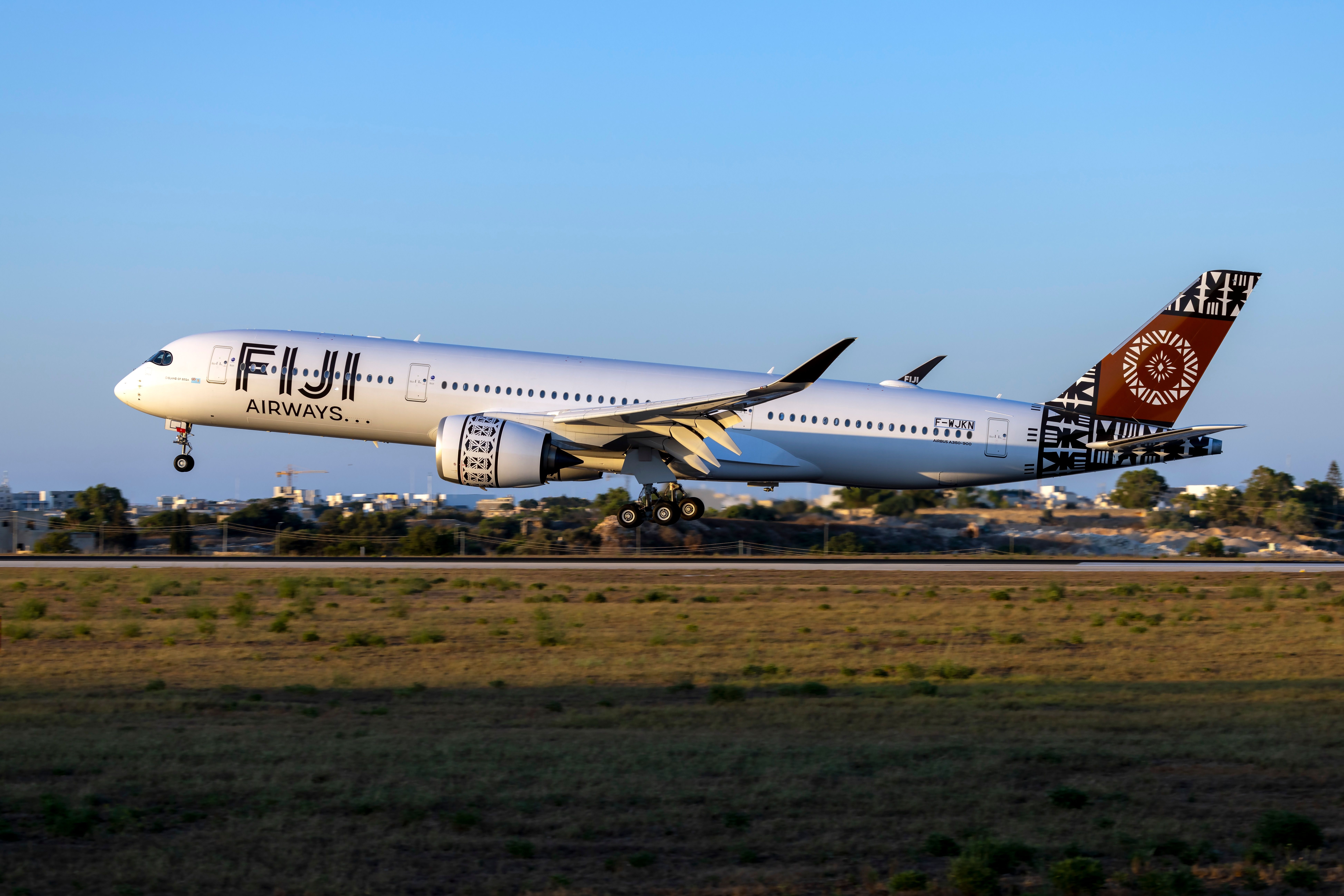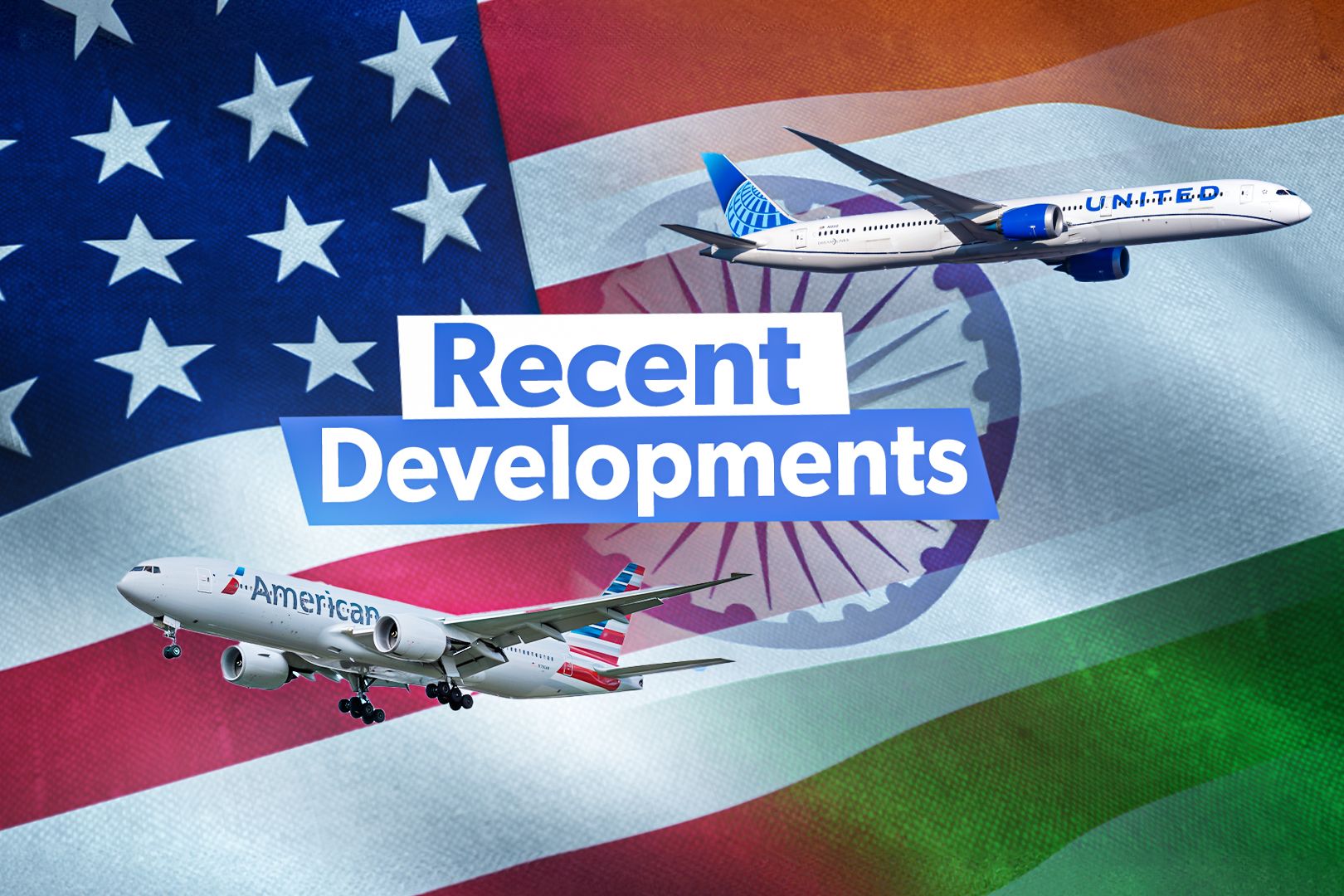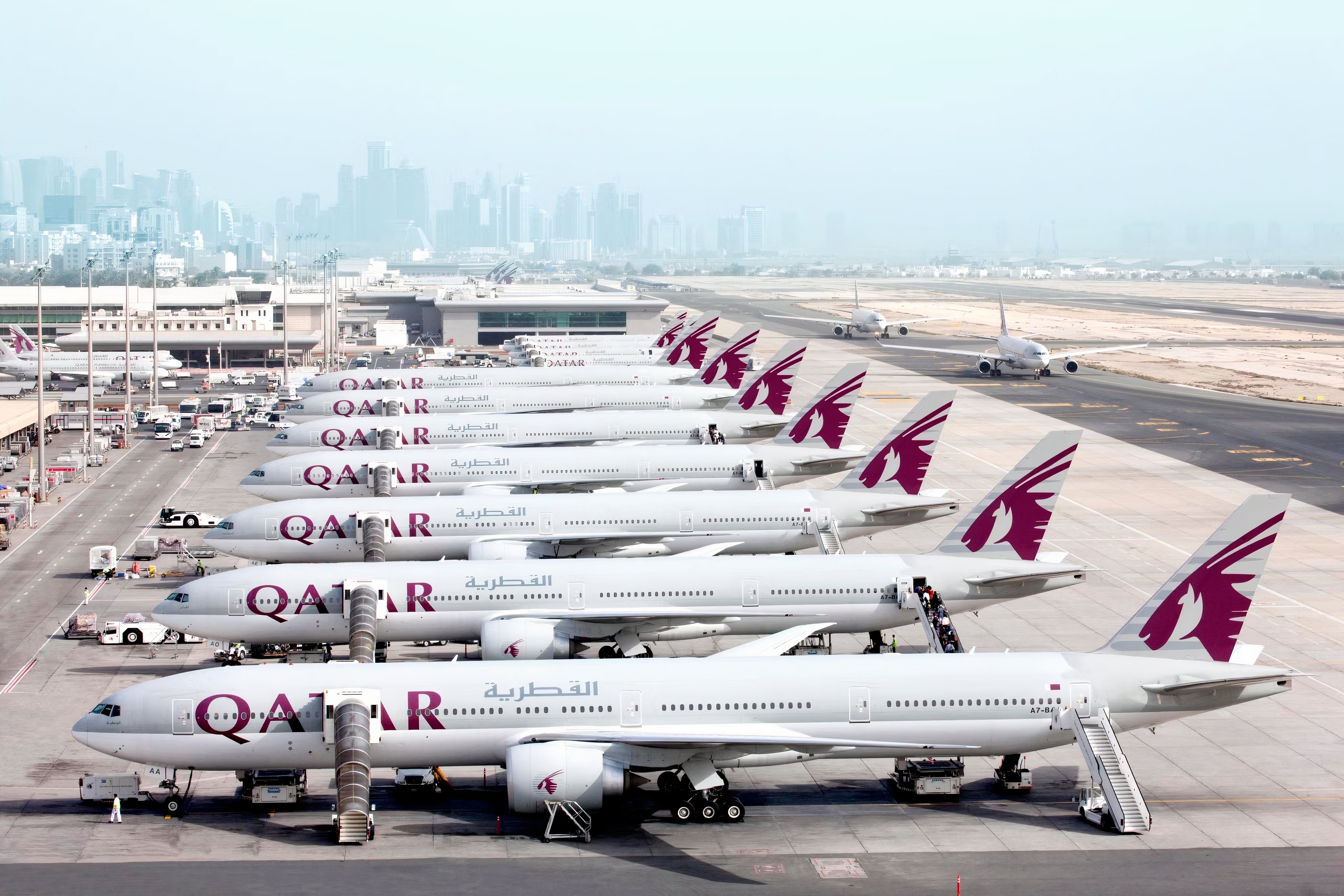Friday, August 23, 2024 As the world continues to grapple with the aftermath of the COVID-19 pandemic, global health authorities are now focusing on another infectious disease that poses a significant threat to public health: Mpox , formerly known as monkeypox . In response to a recent uptick in cases, several countries have introduced Mpox screening protocols at major international airports. This move aims to prevent the spread of the virus across borders and safeguard global travel and tourism industries.
Mpox is a viral disease that primarily occurs in Central and West Africa, but in recent years, cases have been reported in various parts of the world, including Europe, North America, and Asia. The disease is caused by the Mpox virus, which is similar to the virus that causes smallpox, although it is generally less severe. Symptoms include fever, rash, and swollen lymph nodes, and while it is usually self-limiting, severe cases can occur, particularly in immunocompromised individuals.

The global health community has raised alarms about the potential for Mpox to spread more widely due to increased international travel and the possibility of undetected cases crossing borders. In light of these concerns, countries have begun implementing screening measures at airports, similar to those used during the COVID-19 pandemic, to detect and manage potential cases early. Countries around the world, particularly those with high volumes of international travelers, have started to introduce Mpox screening measures at their airports .
These measures vary from country to country but generally include temperature checks, health questionnaires, and visual inspections for rashes or other symptoms associated with Mpox. In the United States, the Centers for Disease Control and Prevention (CDC) has partnered with the Department of Homeland Security to implement Monkey pox screening at several major airports, including John F. Kennedy International Airport in New York, Los Angeles International Airport, and Hartsfield-Jackson Atlanta International Airport.
Passengers arriving from regions where Mpox is known to be endemic or where recent Mpox outbreaks have occurred are subject to screening before they are allowed to enter the country. In the United Kingdom, health authorities have also stepped up Mpox surveillance at airports. Heathrow Airport, one of the busiest international hubs in the world, has introduced enhanced screening procedures, including thermal imaging cameras to detect travelers with elevated body temperatures and health declaration forms that passengers must complete before arrival.
These measures are designed to identify potential cases early and reduce the risk of Mpox spreading within the country. India, a key global travel destination with extensive international air traffic, has implemented similar screening protocols at its primary international gateways, including Indira Gandhi International Airport in Delhi and Chhatrapati Shivaji Maharaj International Airport in Mumbai. Indian authorities have set up dedicated screening stations where travelers from affected regions are checked for symptoms, including skin rashes, fever, and swollen lymph nodes.
Passengers who display symptoms are immediately isolated and tested, and their travel history is closely examined to determine the potential source of infection. While the introduction of Mpox screening at airports is a significant step towards preventing the international spread of the virus, it is not without challenges. One of the primary difficulties lies in the incubation period of Mpox, which can last anywhere from 5 to 21 days.
This means that infected individuals may not show symptoms immediately upon arrival, making it difficult to detect cases through screening alone. Moreover, the symptoms of Mpox, particularly in its early stages, can be similar to those of other common illnesses, such as influenza or COVID-19. This overlap can lead to false positives or, conversely, missed cases if the symptoms are mild or atypical.
Health authorities must therefore rely on a combination of screening methods, including detailed travel histories and laboratory testing, to accurately identify cases. There is also the challenge of managing the logistics of screening large numbers of passengers without causing significant delays or disruptions to airport operations. Airports are already under strain as they recover from the impacts of the COVID-19 pandemic, and the additional burden of Mpox screening could exacerbate these challenges.
To mitigate this, some airports have introduced automated systems, such as contactless temperature checks and digital health declarations, to streamline the screening process and reduce the need for direct interaction. The global response to the Mpox threat underscores the importance of international collaboration in managing infectious diseases. Health authorities from various countries are sharing information and best practices to ensure that screening measures are effective and consistent across borders.
The World Health Organization (WHO) has also played a crucial role in coordinating the international response, providing guidelines for screening and managing Mpox cases and facilitating communication between countries. In addition to screening at airports, many countries are bolstering their domestic public health measures to prevent the spread of Mpox. This includes raising awareness among healthcare providers about the symptoms and risks of Mpox, ensuring that diagnostic tools are widely available, and preparing for potential outbreaks by stockpiling vaccines and antiviral medications.
Vaccination campaigns have also been a key component of the response to Mpox. Several countries have begun offering vaccinations to high-risk populations, such as healthcare workers, laboratory personnel, and individuals who have been in close contact with confirmed cases. The smallpox vaccine, which is known to be effective against Mpox, is being used in these efforts, although the availability of vaccines varies by region.
The introduction of Mpox screening at airports is likely to have an impact on global travel and tourism, especially as travelers become more aware of the potential health risks. While these measures are essential for protecting public health, they may also lead to increased scrutiny and delays at airports, potentially discouraging some travelers from flying, particularly to regions where Mpox is more prevalent. Tourism-dependent economies, which are still recovering from the effects of the COVID-19 pandemic, may face additional challenges as they navigate the risks associated with Mpox.
Travel advisories, potential quarantines, and the possibility of outbreaks could deter tourists, further straining these economies. However, industry experts suggest that the proactive approach taken by many countries in introducing screening measures could also reassure travelers that it is safe to continue flying, provided that proper precautions are in place. Clear communication about the risks and the steps being taken to mitigate them will be crucial in maintaining traveler confidence.
As the world continues to monitor the spread of Mpox, the introduction of screening measures at airports represents a critical effort to prevent the virus from crossing borders and causing wider outbreaks. While these measures pose certain challenges, they are a necessary component of the global public health response. Through international collaboration, public health preparedness, and effective communication, authorities hope to minimize the impact of Mpox on global travel and protect both travelers and the communities they visit.
.



















